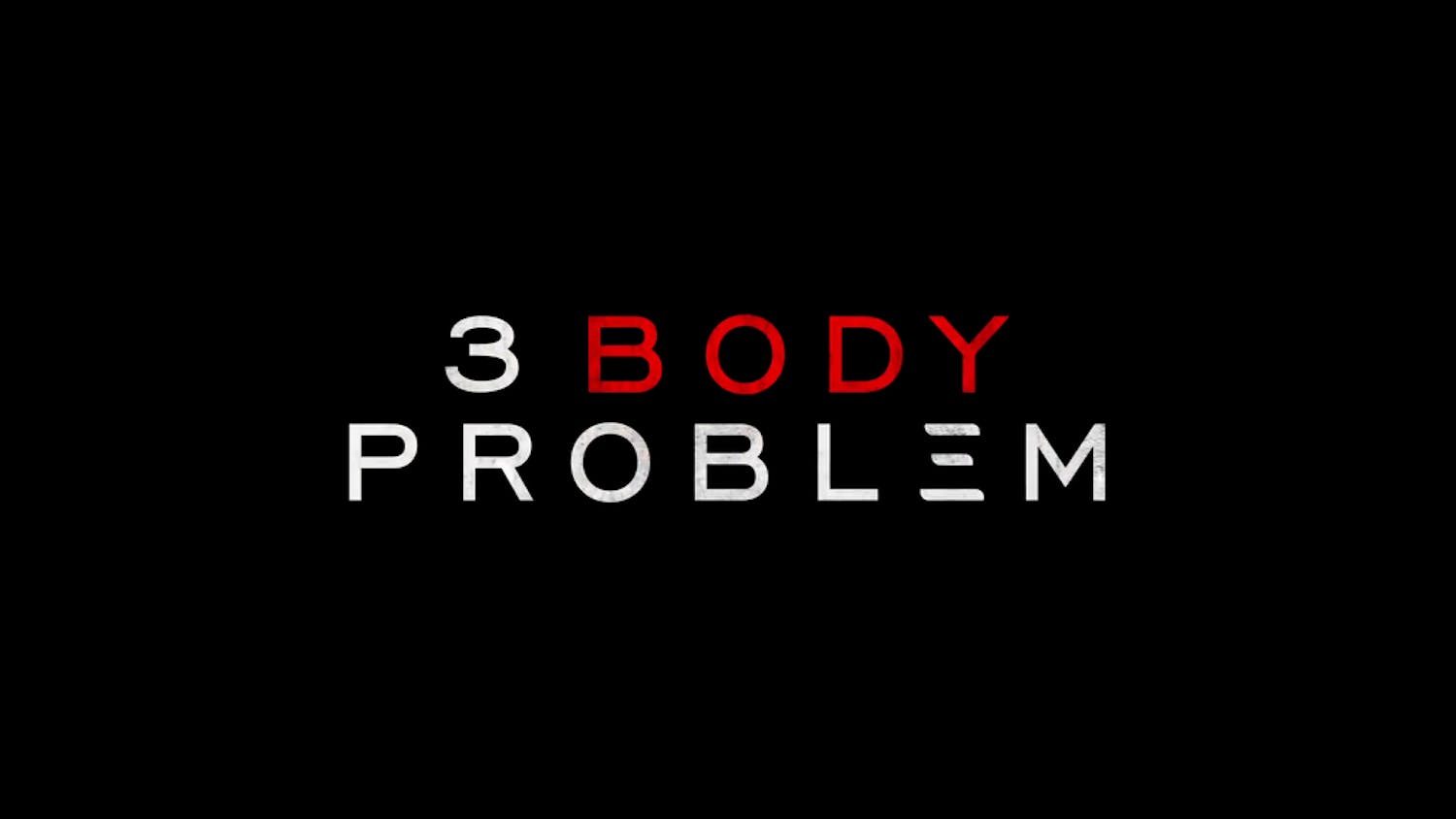Much of the press regarding indie rock band Deerhunter's new album "Fading Frontier," released Oct. 16, has been focused on the consequences of frontman Bradford Cox’s horrific car accident last year. Interviewers like Pitchfork’s T. Cole Rachel have mainly addressed a “mellowing-out” in their conversations with the historically intense and capricious artist. Although it often feels like tabloid sensationalism or a giving into the music press' tendency to condense album coverage in to a handful of digestible biographical facts that fit above an embedded stream, talking about Cox’s hospitalization has a surprisingly relevant place in discussing "Fading Frontier."
The incident is imprinted on the album with the same psychological and emotional intimacy with which Deerhunter albums are always constructed, but this time around, it feels different. Listening to "Fading Frontier" is, disturbingly, like catching up with an old friend who has unexpectedly but wholeheartedly converted to something like religion or sobriety -- both of which Cox has already done. Part of the conversation is a struggle to recognize what traits remain, even if they’ve been mutated a bit in the shift, and what has changed.
Many of Deerhunter’s familiar idiosyncrasies seem to be missing. Some amount of rule-breaking with verse structure and grammatical syntax has come to be expected of Cox, but here the scope of experimentation is comparatively limited. The sounds on the record, though often strange, are digestible where they once were challenging. INXS or Genesis is now openly cited as influences, where it used to be the Ramones or Pere Ubu. Songs like “Living My Life” or “Breaker” are just unexciting. If a pop record could be psychoanalyzed, it would not be too far off to read this one as somehow traumatized.
What's familiar here are moments like Cox’s strikingly intuitive delivery of “So so so so / Yeah,you should” that bridges the third and fourth verses in “All The Same." Although it is difficult to find elsewhere, Cox’s cryptic manner of writing is recalled on “Snakeskin” in verses like “I was trippin' now on a city cloak / They were separated then with sunlight shrouds / I was born with a crippled man on my back / I was national, I was geographic black.”
“Duplex Planet" also sounds like it could be on any Deerhunter release, and Cox brings back his iconic vocal delay on “Leather and Wood." The fact that many of the songs end with a superfluous but playfully interesting noise outro plays to the sense of familiarity.
In "Carrion," Cox delivers breathtaking sincerity in his pain. Here, Cox compares himself to a mole who has dug too far into the ground to see any longer and repeats the line, “What’s wrong with me?" This is precisely what makes Deerhunter such a unique and vital artistic presence. By closing with this song, the album necessitates a re-listen, because the ending is so familiar that the listeners must think they have missed something in the strange alienation preceding it.
Deerhunter records can be a reliable litmus test for the shifting tastes in music: on a slightly superficial level, there is the fact that their avant-punk record "Monomania" (2013) was released the same year that albums like "Major Arcana" (2013) kicked off the recent reprise of similarly noisy guitar rock. Three years later, just as Speedy Ortiz and other rising indie musicians like Mitski are making an argument against the dismissal of consumer-friendly pop conventions, Deerhunter produces its own deliberately "pop" album (although, admittedly, “Snakeskin” is a bit behind the trend of renewed interest in disco).
But there’s something bigger to Deerhunter’s “Fading Frontier” concept, something Cox has identified as a specific sort of “diminishing expectations" for his personal life, for technology and the music industry. The fact that the record is, at points, kind of boring or seemingly unambitious reflects a pattern of "indie" consumption touched upon by Hipster Runoff creator “Carles” in an Oct. 8 interview for The Fader by Vampire Weekend’s Ezra Koenig:
“There is such a large audience that has no idea that indie ‘meant something,'" he said. "The people ‘still trying to be into indie’ are into ceremonial internet album cycles of yesteryear, where they can’t even tell that ‘the artists themselves’ are tired of projecting a ‘new self’ or even an ‘actualizing self.'”
The fact that this interview was conducted over email by a satirical blog journalist, whose site was finally bought and closed this year, and who is a more successful contemporary of Cox who now curates an Apple Music “radio” program already goes some way in proving the point Cox is making. Certain notions of what needs to come from a person making art are fading. But chasing the frontier leads to a lot of hardship anyway, so who knows whether the alternative will be worse or better?
'Fading Frontier' reflects recent trauma of Deerhunter frontman

Deerhunter, which released new album "Fading Frontier" on Oct. 16, performed at Ogden Theater in 2010.
Summary
Deerhunter puts together a record that has broader appeal than their previous work but lacks some of the group's former edge.
3.5 Stars





